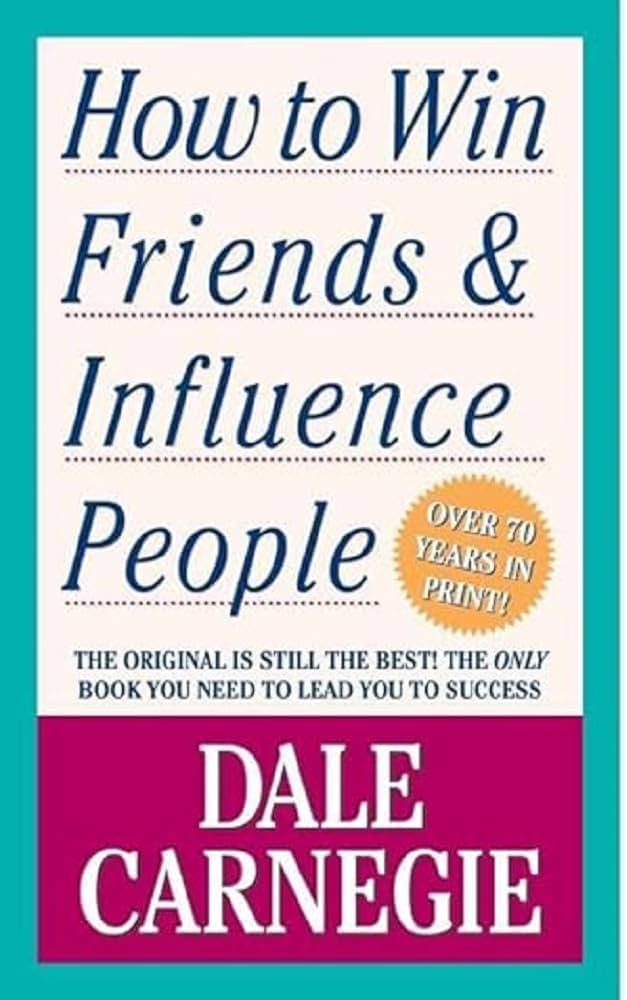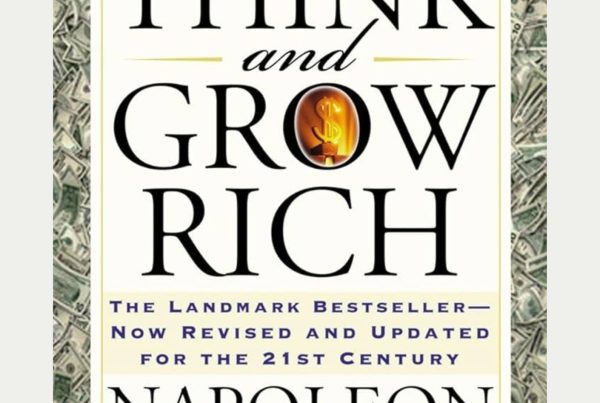If you’re looking for a Summary of How to win Friends and Influence people then you are at the right spot. Dale Carnegie’s How to Win Friends and Influence People was first published in 1936, remains one of the most influential self-help books for anyone looking to improve their communication and interpersonal skills. Though the book was written decades ago, its principles are timeless, offering practical, straightforward advice on how to connect with others, build relationships, and communicate effectively. Carnegie’s insights are as relevant today as ever, especially in an age where genuine connection and effective communication are crucial in both personal and professional settings.
Timeless Principles for Building Lasting Relationships
One reason How to Win Friends and Influence People has endured is its focus on universal principles of human behavior. Carnegie’s approach centers around understanding people’s fundamental needs and learning to communicate in ways that make others feel valued, heard, and respected. He presents his ideas through simple, actionable techniques that anyone can adopt to improve their ability to connect with others.
Carnegie’s tips aren’t about manipulation; rather, they emphasize sincerity, empathy, and respect for others. His book serves as a reminder that most people simply want to be understood and appreciated. By focusing on making others feel important, readers can build strong and meaningful relationships in any context.
Key Lessons and Examples from the Book
1. The Power of a Genuine Smile and Listening
- One of Carnegie’s foundational principles is that a simple, genuine smile and active listening can open doors to friendships and make people feel at ease. He highlights the importance of showing interest in others rather than focusing on oneself.
- In one example, Carnegie shares a story of a man who won over a difficult client simply by listening patiently and showing sincere interest in the client’s story. Rather than trying to impress, the man allowed the client to express himself, which established a bond of trust and respect.
2. “Remember That a Person’s Name Is, to That Person, the Sweetest Sound”
- Carnegie emphasizes that remembering someone’s name shows respect and personal interest, creating a more personal connection. Calling people by their name communicates that they matter and helps establish rapport.
- In the book, he describes how U.S. President Franklin D. Roosevelt would remember the names of everyone he met, no matter their status or role. This practice helped Roosevelt build stronger, lasting connections and gained him respect as a leader who valued individuals.
3. Avoid Criticism and Condemnation
- Carnegie argues that criticism often leads to resentment, not improvement. Instead of pointing out faults, he advises focusing on understanding others’ viewpoints and offering gentle guidance when necessary.
- He illustrates this point with the story of Charles Schwab, a successful steel company executive who avoided criticizing employees. Instead, Schwab would offer positive reinforcement, motivating his employees by recognizing their efforts and encouraging their strengths. This approach led to higher morale and greater productivity.
4. Give Honest and Sincere Appreciation
- Carnegie teaches that appreciation is a fundamental human need. Recognizing others’ efforts and contributions is key to building strong relationships.
- In one example, Carnegie describes a situation where a company manager struggled to improve employee performance. Instead of reprimanding his team, he began praising their hard work and recognizing their individual talents. The change in approach resulted in a more motivated, loyal, and productive team.
5. The Importance of Seeing Things from Others’ Perspectives
- Carnegie’s advice to “try honestly to see things from the other person’s point of view” fosters empathy and understanding, which can help resolve conflicts and improve communication.
- He shares a story of a salesperson who learned this lesson well. Instead of pushing his own product benefits, the salesperson focused on understanding the client’s needs and concerns. This approach built trust and resulted in a successful deal because the client felt heard and valued.
Why How to Win Friends and Influence People Is Still Relevant Today
In an era dominated by digital communication, Carnegie’s lessons on face-to-face interactions and empathy are more important than ever. While technology has connected people globally, it has also created barriers to genuine human connection. How to Win Friends and Influence People reminds us of the importance of listening, understanding others’ perspectives, and building authentic relationships.
The book is also incredibly practical, filled with examples that can be applied in various contexts—whether you’re looking to make friends, improve your work relationships, or become a better leader. Carnegie’s advice helps readers develop emotional intelligence, which is now recognized as a critical skill for success.
Takeaways for Anyone Looking to Improve Their Interpersonal Skills
How to Win Friends and Influence People is a powerful reminder that interpersonal skills are essential in nearly every aspect of life. The book’s principles encourage self-awareness, active listening, and empathy—all of which contribute to building stronger relationships. By applying Carnegie’s advice, readers can learn to navigate social situations with ease, connect with people on a deeper level, and ultimately influence others in a positive, authentic way.
If you’re looking to become a more effective communicator, create meaningful connections, or simply be more likable, How to Win Friends and Influence People is a must-read. Its lessons offer a timeless guide for anyone seeking to improve their interpersonal skills and understand the art of connection, making it as relevant today as when it was first published.





